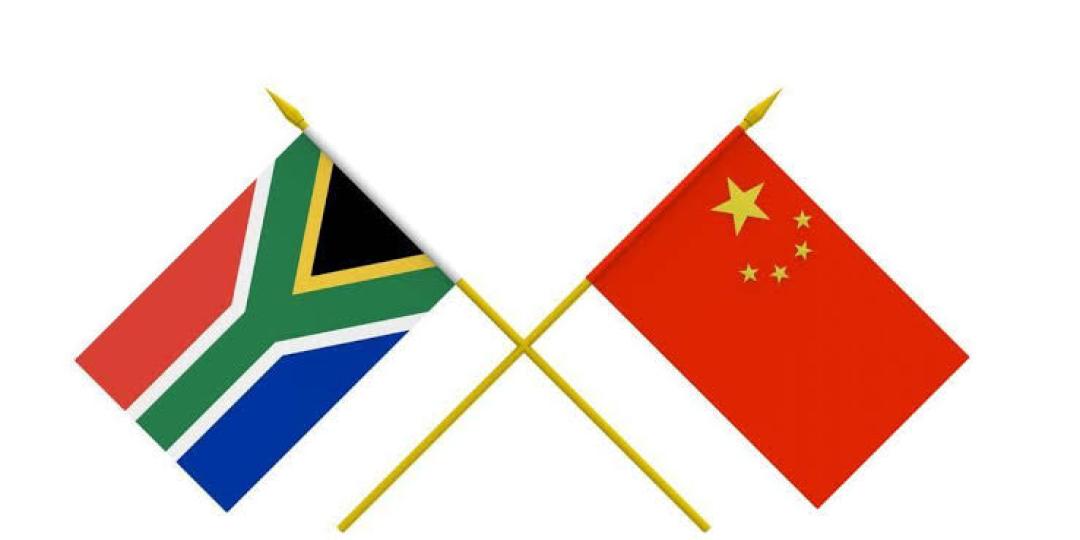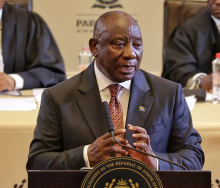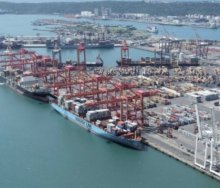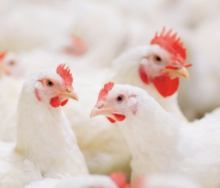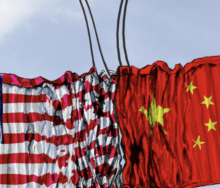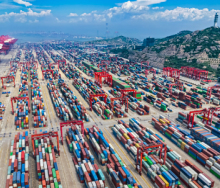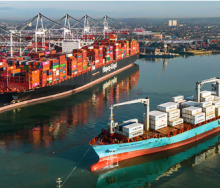The Parliaments of South Africa and China have undertaken to strengthen their oversight role to ensure that democracy works to improve people’s lives in both countries.
Addressing the 5th Regular Exchange Mechanism’s virtual session, National Assembly (NA) speaker, Nosiviwe Mapisa-Nqakula, said although trade had improved significantly, more needed to be done to improve the balance of trade by heightening South Africa’s capacity for value addition and manufacturing, among others.
“Both our countries have already recognised the current balance of trade between our two countries as untenable for the sustenance of mutually beneficial cooperation and agreed to address this,” Mapisa-Nqakula said.
She called for more joint research and development, taking into account opportunities provided by the 4th Industrial Revolution (4IR), as well as greater efforts to address not just the Covid-19 pandemic, but other pandemics that had been worsened by the pandemic, including poverty, inequality, and gender-based violence and femicide (GBVF) in South Africa.
Mapisa-Nqakula highlighted several areas where South Africa could learn from China’s experiences. These include readiness to manage disasters beyond Covid-19, strengthening of public awareness, participation and outreach, including lessons in parliamentary broadcasting, as part of the broader communication strategy.
She further called for the review and improvement of the 15-year-old Memorandum of Understanding entered into in 2006 by the two Parliaments, enhancing the post-pandemic recovery strategies in a manner that eliminated the graphic inequalities exposed by Covid-19, and strengthening performance-based oversight.
“Although the economies of China and South Africa are completely incomparable in size, the cooperation between the two countries recognises the current and untapped potential of each economy that can be developed for mutual and equal benefit,” Mapisa-Nqakula said.
